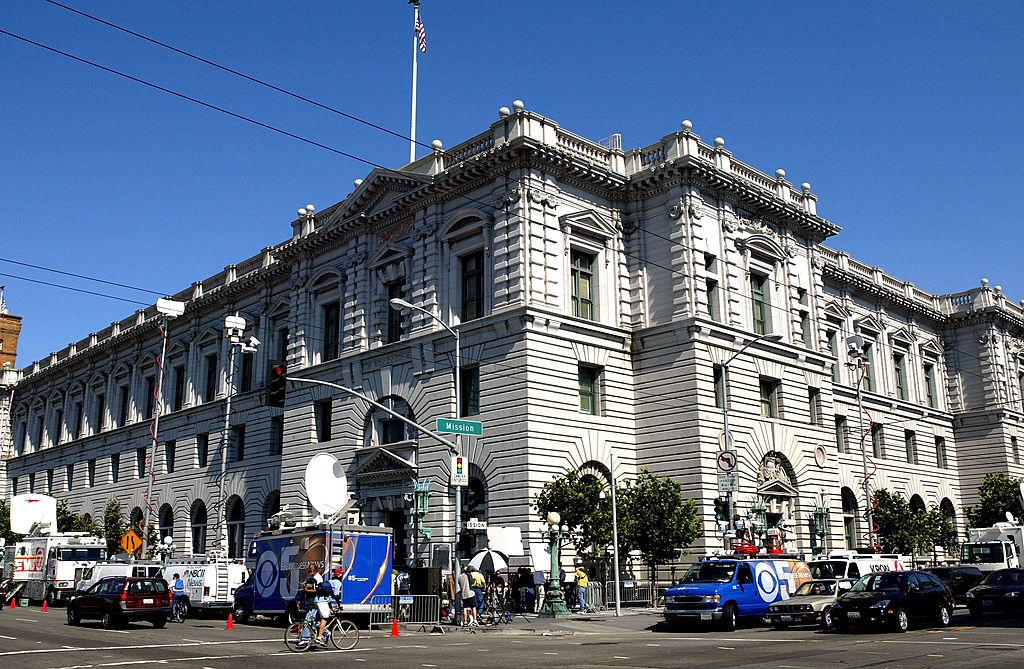An appeals court has lifted a nationwide injunction preventing the Trump administration from moving forward with a policy requiring asylum-seekers at the southern border to wait in Mexico while their claims are processed.
President Donald Trump celebrated the ruling on Twitter, writing on May 8, “Big Court win at our Southern Border! We are getting there—and Wall is being built!”





